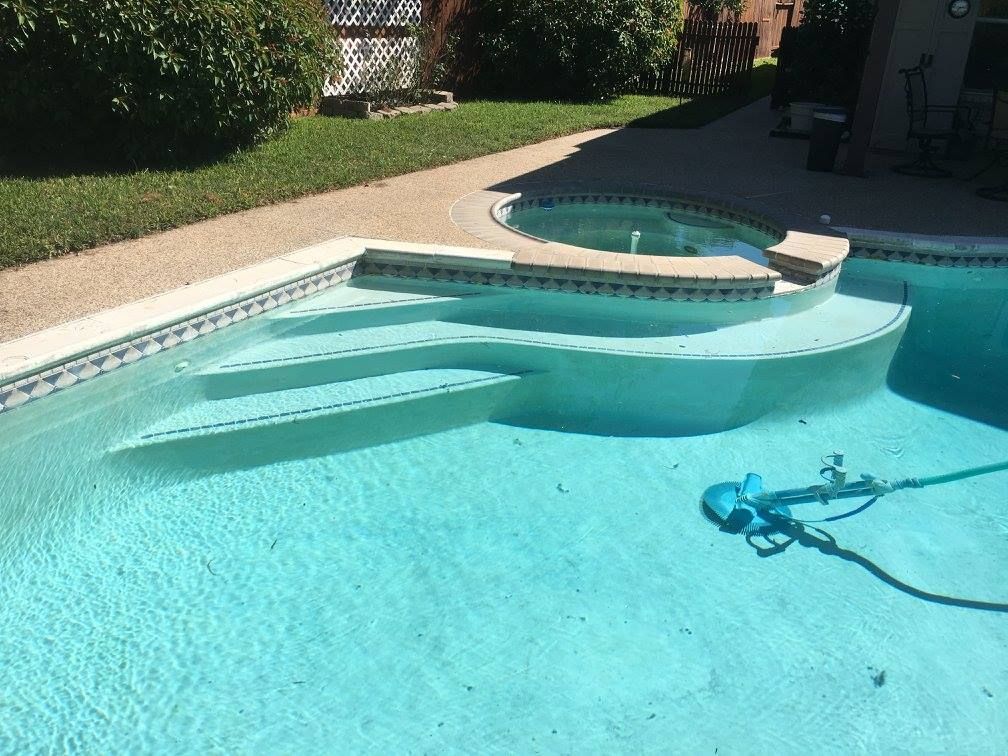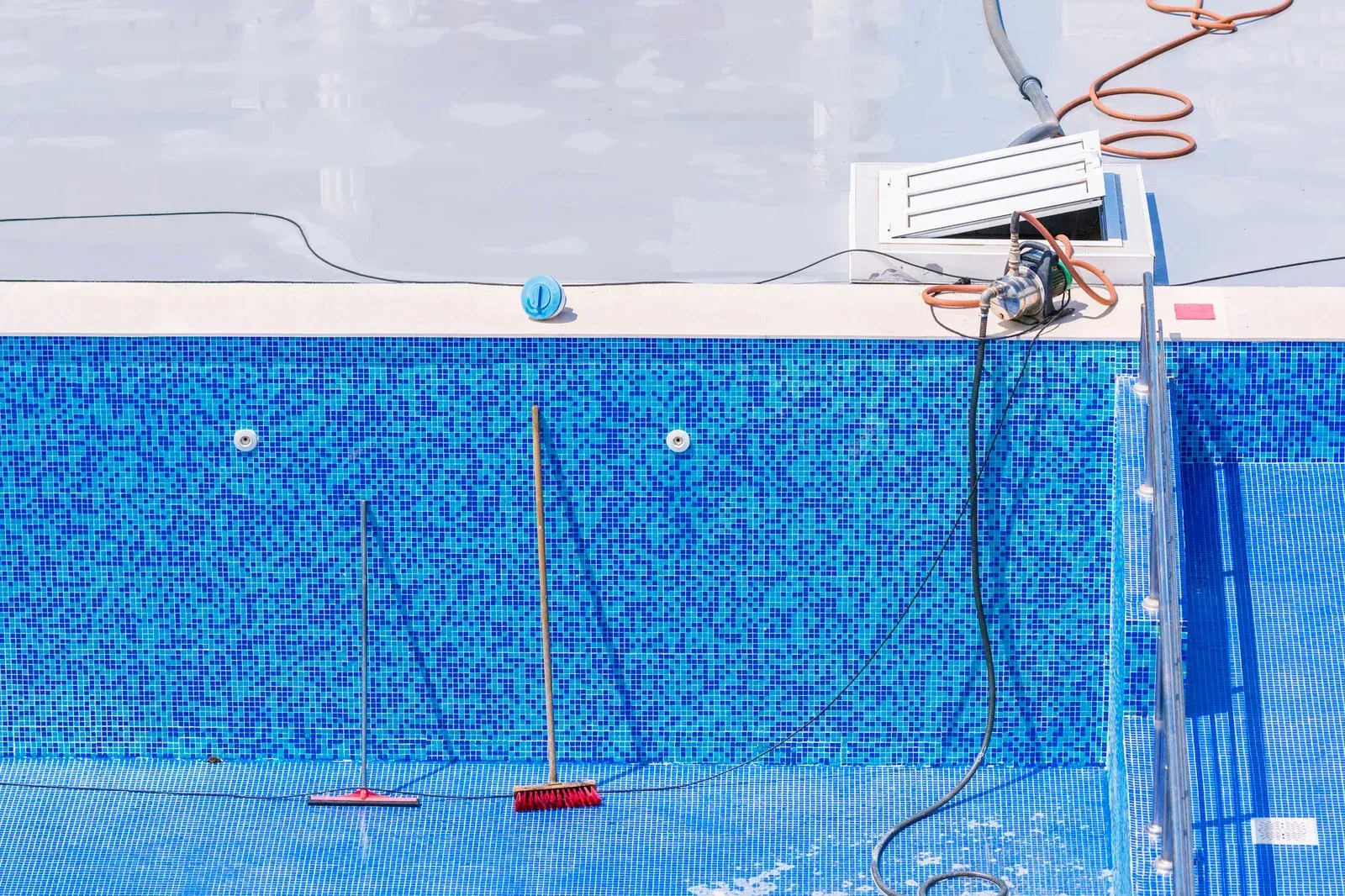Top 7 Mistakes Homeowners Make with Pool Cleaning and How to Avoid Them
September 24, 2025

Owning a pool is a luxury many homeowners dream of, but maintaining it can quickly turn into a challenge if common cleaning mistakes are overlooked. Even with the best intentions, small oversights can lead to cloudy water, algae blooms, damaged equipment, and costly repairs. By understanding the top mistakes and learning how to avoid them, you can enjoy a pool that’s not only sparkling clean but also safe and long-lasting. Here are the seven most frequent pool cleaning errors and practical tips to help you keep your pool in pristine condition.
1. Ignoring Regular Skimming and Brushing
Many homeowners assume that their pool filter alone can handle debris and dirt. In reality, failing to skim leaves, insects, and dust regularly allows them to sink and accumulate. Skimming daily and brushing walls weekly prevents buildup and reduces the strain on your filtration system.
2. Forgetting to Vacuum the Pool Floor
Skipping vacuuming is a major mistake. Fine particles settle at the bottom, leading to cloudy water and bacteria growth. Investing in a manual or robotic vacuum makes cleaning faster and ensures debris doesn’t become a breeding ground for algae.
3. Not Testing and Balancing Chemicals Weekly
Water chemistry is the backbone of pool maintenance. Many homeowners either test too infrequently or guess chemical levels. Without balance, water can irritate skin, damage equipment, and invite algae. Testing pH, chlorine, and alkalinity at least once a week keeps your pool healthy and comfortable.
4. Overusing or Underusing Chlorine
Some pool owners believe “more chlorine means cleaner water,” while others avoid using enough. Both approaches are problematic. Over-chlorination causes strong odors and irritation, while under-chlorination leaves water unsafe. Stick to recommended chlorine levels (1–3 ppm) for best results.
5. Forgetting to Clean the Filter
Your filter is the unsung hero of pool health. Ignoring filter cleaning leads to clogs, poor circulation, and cloudy water. Depending on your system—cartridge, sand, or DE—follow the manufacturer’s schedule and rinse debris weekly.
6. Neglecting to Shock the Pool
Shocking isn’t just for emergencies. Many homeowners skip this step, leading to hidden bacteria and contaminants. Shocking the pool every 1–2 weeks, or after heavy use, restores clarity and keeps water sanitized.
7. Overlooking Equipment Inspections
A clean pool isn’t just about water—it’s also about working pumps, heaters, and skimmers. Homeowners often forget to inspect equipment until something breaks. A quick weekly check can catch leaks, unusual noises, or wear before repairs become expensive.
Keep Your Pool Sparkling with Expert Help
Avoiding these common mistakes will save you time, money, and frustration, while ensuring your pool remains a safe, inviting retreat. If you’d rather leave the maintenance to professionals, Rychlik Pool Services, LLC has been serving Katy, Texas, with over 23 years of trusted experience. As a dedicated pool contractor, they provide expert cleaning, chemical balancing, and equipment care tailored to local conditions. With Rychlik Pool Services, your pool stays crystal clear and worry-free all season long.


